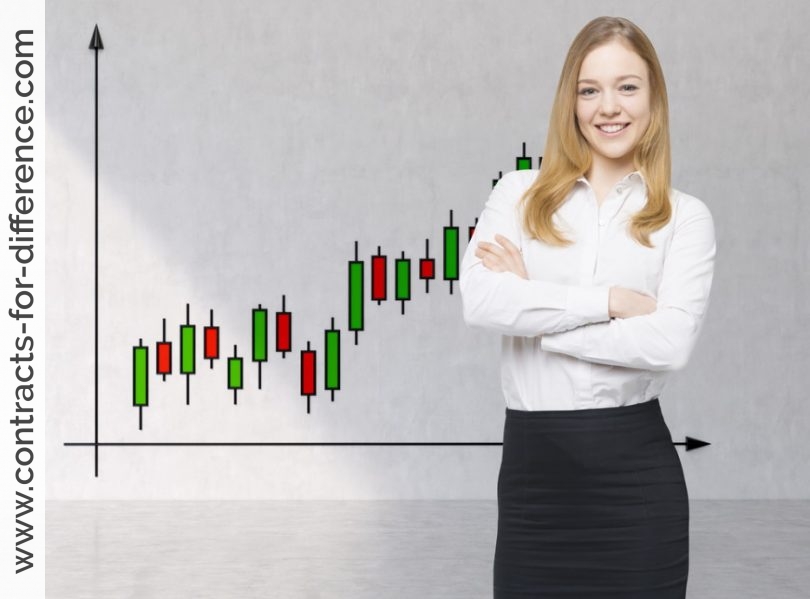When we are trading on the stock market, what do we want to see happen? Obviously we want the price to go up. I’ve call this the Prime Criterion.
Most people trading on the stock market are investors. Their strategy involves buying shares and holding onto them for the long haul hoping they will go up in value while picking up some dividends along the way.
The Trader is different. We conduct our business over much shorter time frames.
For the Investor, the overriding concern is security. This is why people tend to buy what are referred to as Blue Chip Stocks.
People who bought bond corporation shares wanted that sense of security, as did those who bought Quintex and HIH. Similarly, Pasminco, Onetel, Sons of Gwalia, ION and HWE.
What have all these companies got in common? They all went to the wall.
Shares held in these companies are worthless. So much for that sense of security.
HIH is a good example. Things were great for a while, then crunch!
This brings us to the second key difference between investors and traders. As traders, we say no.
The trader has a plan to sell, an exit strategy. We much prefer to get out at a certain profit level rather than get caught hanging on to a dud or losing stock.
While the poor old investor is stuck hanging on and hoping, all we have to do is listen to what the market is telling us and we’ll know what to do and when to do it. In this case, we simply let go, cut our loss and move on.
So Why Are People Trading on The Stock Market?
Well, the reasons can vary considerably but the bottom line doesn’t. We’re looking for better returns. Better than what? Better than bank interest, the average investor, the average fund, superannuation, real estate, or simply better than you’re getting now.
So How Can Trading on The Stock Market Give Us Better Returns?
The average investor just gets average market returns and the magnitude of these returns depends on the timeframe used but the best compound rate the average investor could claim over recent decades would be if they started in the early 80’s. And at just over 8% per annum, their return is hardly spectacular. In fact, it’s about the average rule of thumb for real estate.
As traders, our exit strategy gets us out of the way of poor markets like 2000 and 2003 and of course, 2008. And so while avoiding the big losses, our average returns can be higher.
I’d like to close this session with a quick look at market in general. Two things are immediately apparent. Firstly, it does not move in a straight line. It goes up and it goes down. Obvious perhaps, but something we’ll come back to later on.
Secondly, driven by macroeconomic factors, the long-term trend is up. The market has never failed to make new highs and we believe despite the global correction in 2008 it will again lift to new levels. So now would be a good time to prepare for the next recovery.
Alright, we’ve learned that investing and trading are different and that the trader is looking for better returns. In the next episode, we’ll be looking at why it is absolutely vital to have a sound trading strategy.







